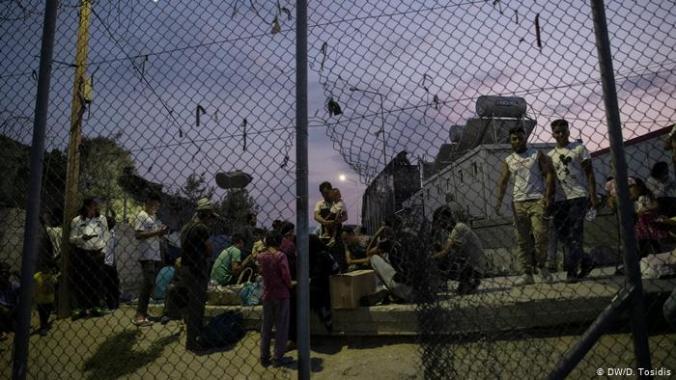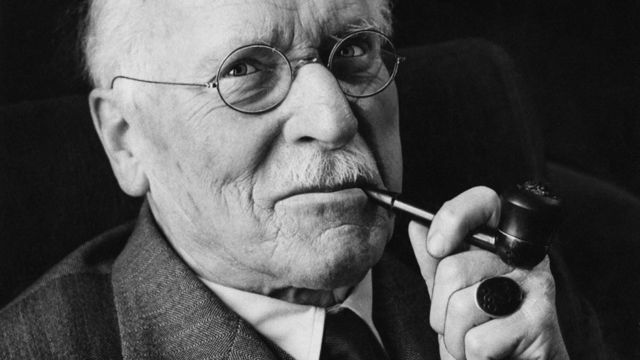This post is written by Martijn R Hofman, a psychologist in the humanitarian field.

The ‘exit-gate’ in the fence surrounding Camp Moria on the Greek Island of Lesbos. Source: DW/Dimitri Tosidis
Preface
Last year, Janneke Woudstra and I, both mental health professionals, friends and colleagues at the Dutch mental health organisation the Parnassia Group, worked for several weeks for the Boat Refugee Foundation as volunteers to provide psychological aid to the refugees that are living in camp Moria (Lesbos, Greece). Based on our experiences I wrote a personal essay called “Searching for happiness in camp Moria.”
At the time I wrote this essay, the world still seemed a “normal place.” Now, almost a year after our visit to refugee camp Moria, the world has changed. No one had heard of the Coronavirus or COVID-19 a year ago. Now, the virus has put our lives on this planet “on hold”, with disastrous health and economic consequences for many. At the same time, hopefully it is making many of us more aware of our lifestyles’ deleterious effects on our planet, and the importance of solidarity and good health for all. As is often the case with natural- or man-made disasters, vulnerable groups—such as people who have been uprooted and are living as “migrants” or “refugees”—are most heavily impacted both directly and indirectly by this global pandemic.
A personal essay on searching for happiness in a refugee camp seems, from the new context in which we are all living nowadays, somehow irrelevant as everyone focuses on survival—in its most basic sense, on staying alive. Honestly speaking, I don’t think surviving is the only important thing now. Especially in times of hardship such as this, our human search for happiness still comes to the fore. Suddenly, it becomes even more apparent that happiness is not to be found in individual goals, rather we find it in joining with others toward common goals. In knowing that we share our lives on this planet with each other, and that we are all in a way responsible for each other. Happiness is grounded on the principle of solidarity.
For this reason, I am convinced that the essay I wrote last year is perhaps even more valuable nowadays. I hope it will inspire you.
* * *
As a colleague and I are walking up the road, we pass two young women walking arm in arm. They are dressed fashionably and laughing as they look at their mobile phones, completely fitting into the bustling, international street life of the Netherlands, where my colleague and I are from. Yet we are not in Amsterdam; we are in Moria, a refugee camp in Lesbos, Greece, where these young women live as refugees alongside many other people from Syria, Afghanistan and other countries. They have just passed through an “exit-gate”— essentially a hole in the large fence that encircles the camp.
I am a psychologist from the Netherlands. A couple of months ago, I provided psychosocial support as part of the Dutch Boat Refugee Foundation’s community team in camp Moria. Originally a military base, with the accompanying excess of fencing and barbwire, it has been used to house people arriving in Greece as refugees since 2015. The camp population is currently estimated to fluctuate around 20,000, well over its capacity of 3,000.
As a psychologist, I was interested in observing how happiness is experienced by those living in the camp. I had come to camp Moria with my own Continue reading





